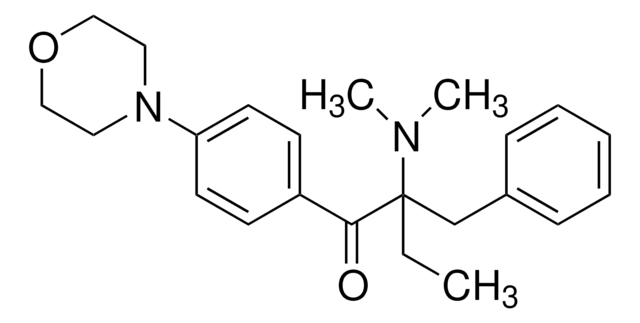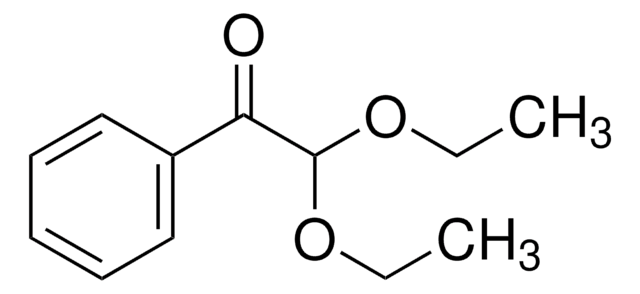Key Documents
410896
2-Hydroxy-4′-(2-hydroxyethoxy)-2-methylpropiophenone
98%
Synonim(y):
1-[4-(2-Hydroxyethoxy)phenyl]-2-hydroxy-2-methyl-1-propan-1-one, 2-Hydroxy-1-[4-(2-hydroxyethoxy)phenyl]-2-methyl-1-propanone, 2-Hydroxy-2-methyl-1-[4-(2-hydroxyethoxy)phenyl]propan-1-one, 4-(2-Hydroxyethoxy)phenyl 2-hydroxy-2-propyl ketone
About This Item
Polecane produkty
Poziom jakości
Próba
98%
mp
88-90 °C (lit.)
ciąg SMILES
CC(C)(O)C(=O)c1ccc(OCCO)cc1
InChI
1S/C12H16O4/c1-12(2,15)11(14)9-3-5-10(6-4-9)16-8-7-13/h3-6,13,15H,7-8H2,1-2H3
Klucz InChI
GJKGAPPUXSSCFI-UHFFFAOYSA-N
Zastosowanie
- Polyacrylamide-grafted chitosan nanoparticles by copolymerization of acrylamide and chitosan nanoparticles.
- Hydrophobic polyurethane sponge through thiol–ene Click reaction.
Zwroty wskazujące rodzaj zagrożenia
Zwroty wskazujące środki ostrożności
Klasyfikacja zagrożeń
Aquatic Chronic 2
Kod klasy składowania
11 - Combustible Solids
Klasa zagrożenia wodnego (WGK)
WGK 1
Temperatura zapłonu (°F)
not determined
Temperatura zapłonu (°C)
not determined
Środki ochrony indywidualnej
Eyeshields, Gloves, type N95 (US)
Wybierz jedną z najnowszych wersji:
Masz już ten produkt?
Dokumenty związane z niedawno zakupionymi produktami zostały zamieszczone w Bibliotece dokumentów.
Klienci oglądali również te produkty
Nasz zespół naukowców ma doświadczenie we wszystkich obszarach badań, w tym w naukach przyrodniczych, materiałoznawstwie, syntezie chemicznej, chromatografii, analityce i wielu innych dziedzinach.
Skontaktuj się z zespołem ds. pomocy technicznej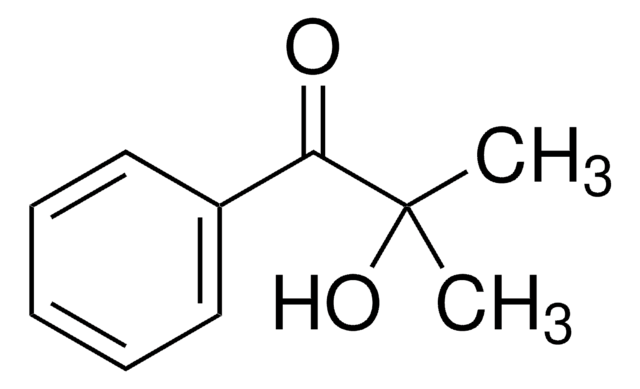
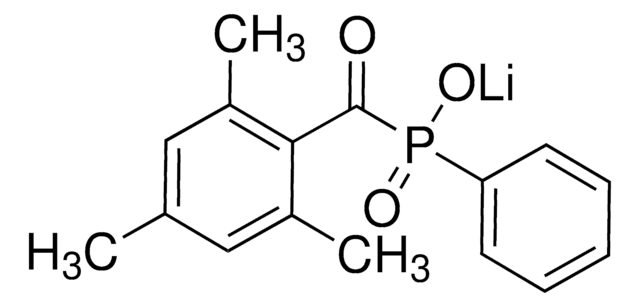

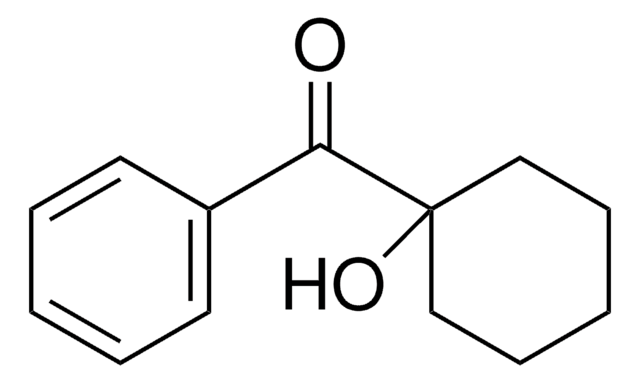


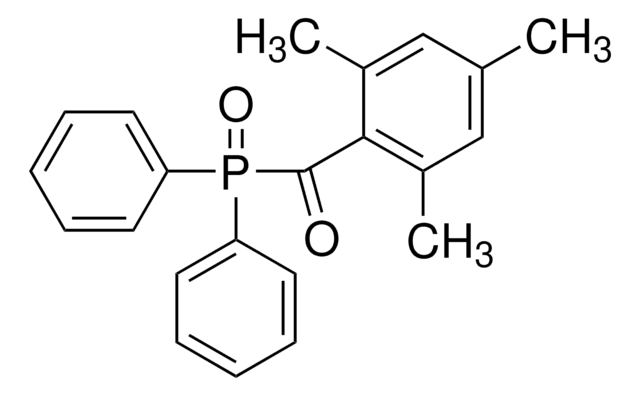
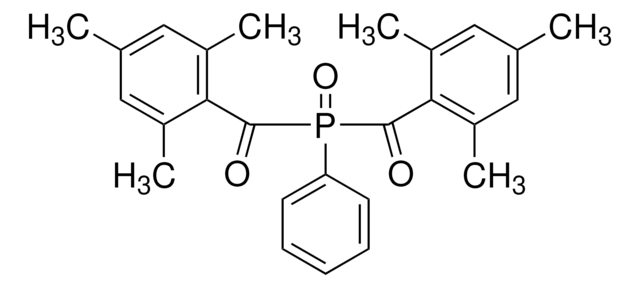

![2-[2-(2-Methoxyethoxy)ethoxy]acetic acid technical grade](/deepweb/assets/sigmaaldrich/product/structures/335/694/b58c539b-141f-4ab2-98d9-5f46c748490b/640/b58c539b-141f-4ab2-98d9-5f46c748490b.png)


